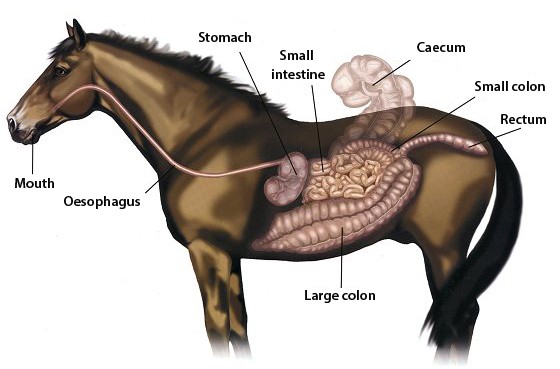
GMO Maize is not the same as its isogenic non-GM counterpart
The application of genetic engineering (GE) to modify edible crops is often advocated as one of the most important scientific advances to improve farming systems. GE has been used to create crops adapted to abiotic stress, resistant to pathogens, with a longer shelf life, or with enhanced nutritional properties. A total of 180 million hectares of genetically modified (GM) crops are currently cultivated worldwide on around 1.5 billion hectares constituting approximately 10% of global arable land. Approximately 80% of GM crops have been modified to tolerate application of and thus accumulate glyphosate-based herbicide residues without dying in order to facilitate weed management.
Glyphosate tolerant GM maize NK603 was assessed as ‘substantially equivalent’ to its isogenic counterpart. Based on analysis conducted by the developer Monsanto Company, NK603 maize was scored as ‘substantially equivalent’ to its isogenic control, which was a major contributor to this product being granted market approval for animal and human consumption in the European Union, United States, Brazil and several other nations.
In this report they present the first multi-omics analysis of GM NK603 maize compared to a near isogenic non-GM counterpart. The study revealed significant metabolome profile differences between NK603 that was either sprayed or not with Roundup, to its isogenic control.
The maize kernels analysed in this study were previously used to feed laboratory animals that formed part of a chronic (2 year) study looking at potential toxic effects arising from the consumption of this NK603 Roundup-tolerant GM maize. Sprague Dawley rats fed for two years on these diets presented blood/urine biochemical changes indicative of an increased incidence of liver and kidney structure and functional pathology in the NK603-containing diet groups compared to non-GM controls.
> From: Mesnage et al., Sci. Rep. 6 (2017) 37855(Epub ahead of print). All rights reserved to The Author(s). Click here for the online summary.


